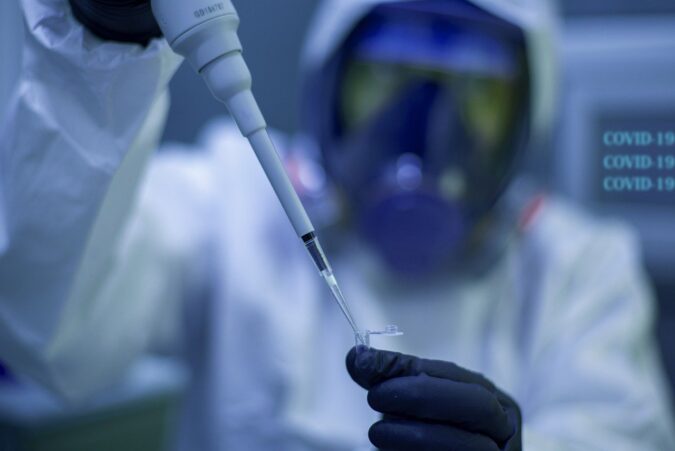Mass-producing eggs and sperm in a laboratory to have a baby using your own skins or stem cells alone, or with those of three other people are scenarios under consideration by the UK’s fertility watchdog, which has concluded that the technology to enable such techniques could be on the brink of viability.
Bolstered by Silicon Valley investment, scientists are making rapid progress on in-vitro gametes (IVGs), i.e., lab-grown human egg and sperm cells that are created from genetically reprogrammed skin or stem cells.
Lab-grown eggs have already been used produce healthy babies in mice – including ones with two biological fathers. The equivalent feat is yet to be achieved using human cells, but US startups such as Conception and Gameto claim to be closing in on achieving it.
Last week’s HFEA meeting noted that estimated timeframes ranged from two to three years – deemed to be optimistic – to a decade, with several clinicians at the meeting sharing the view that IVGs appeared destined to become “a routine part of clinical practice”.
















